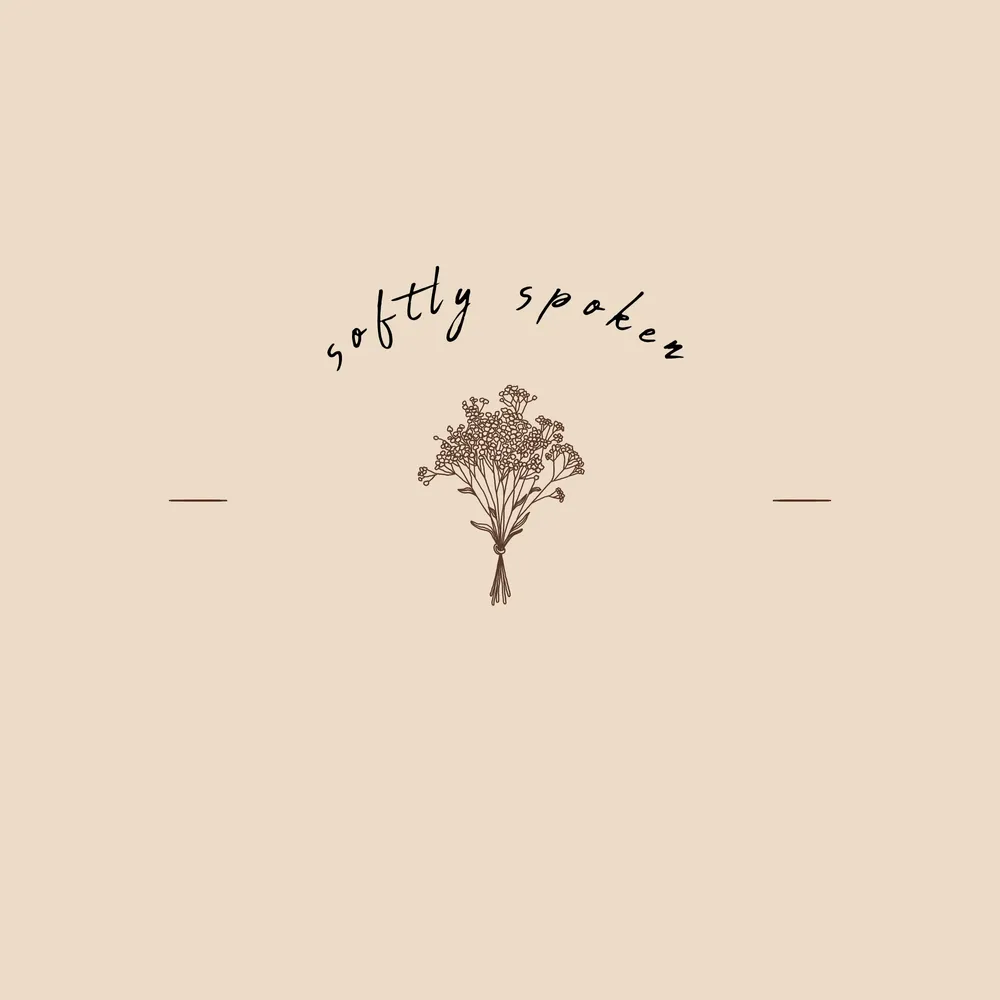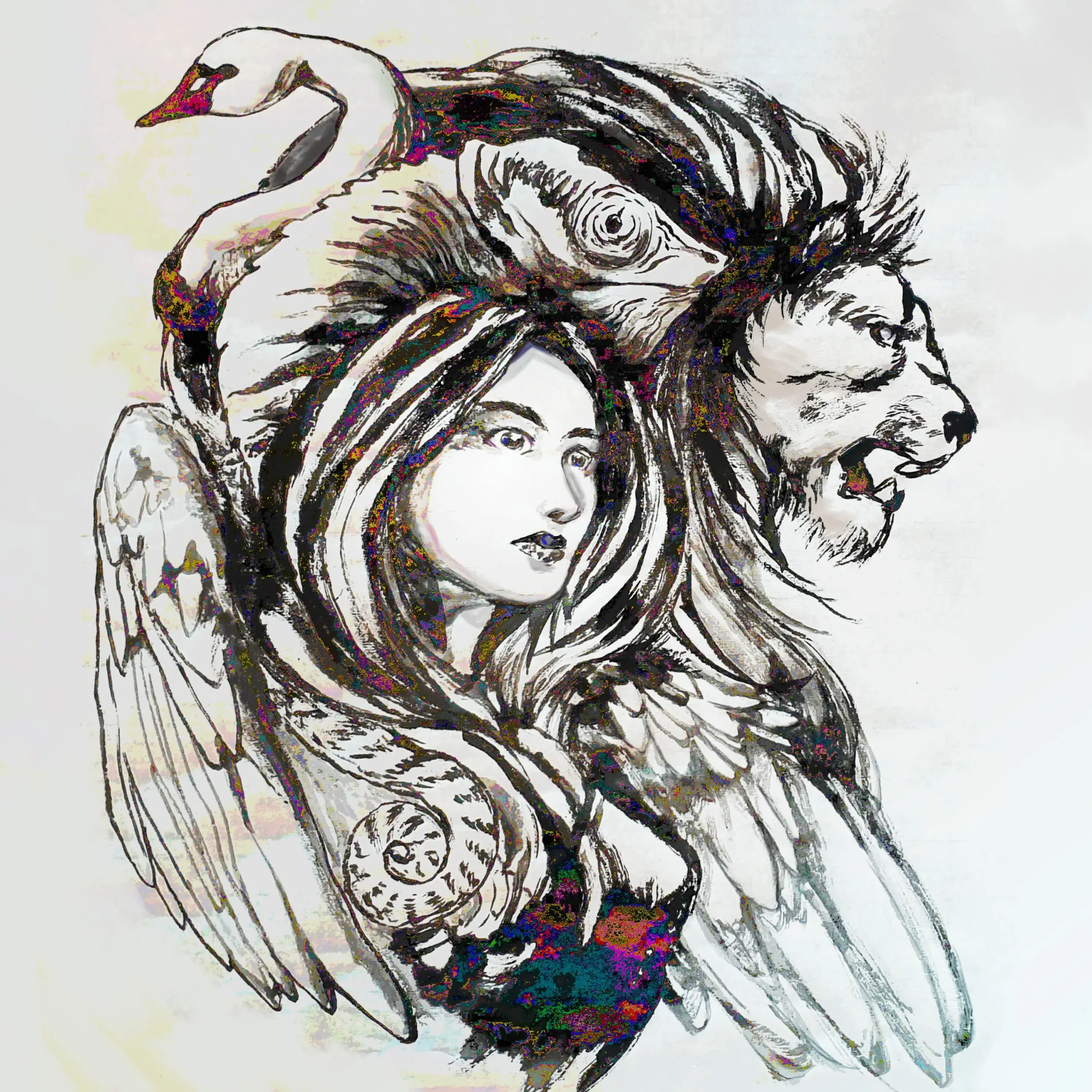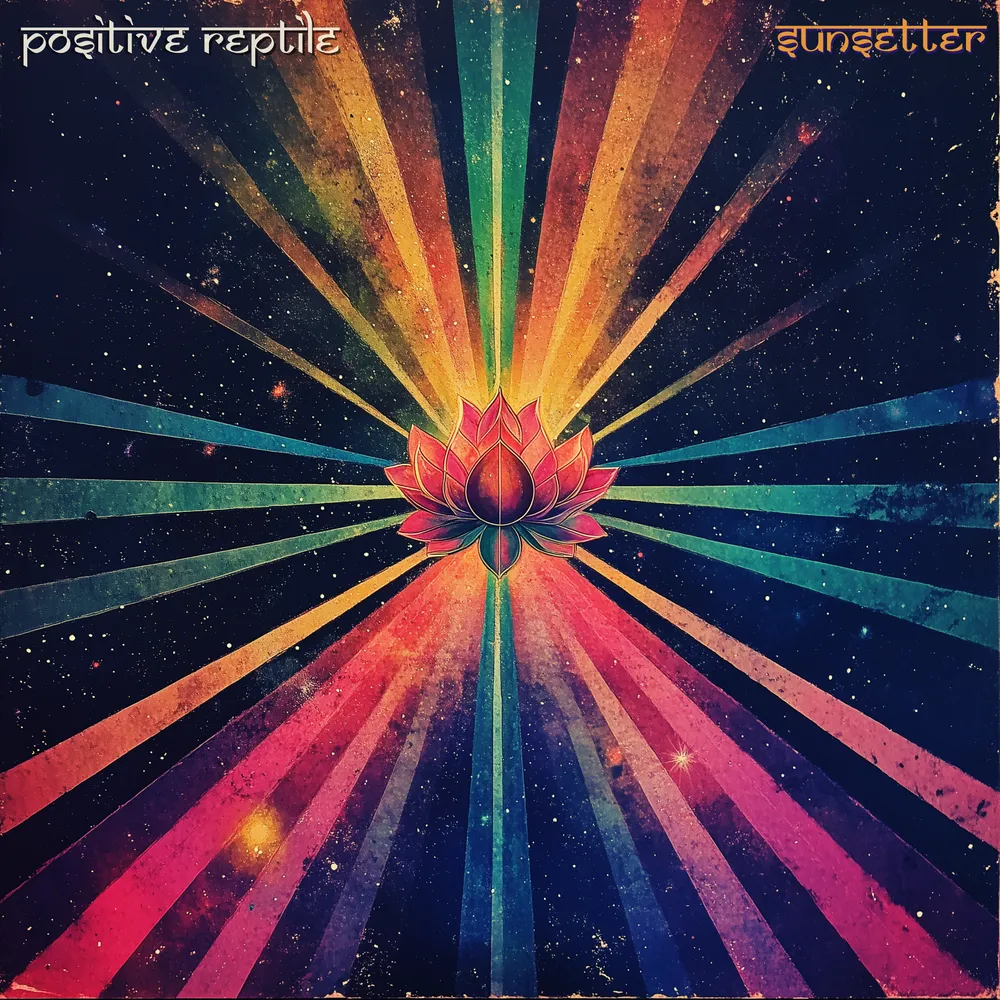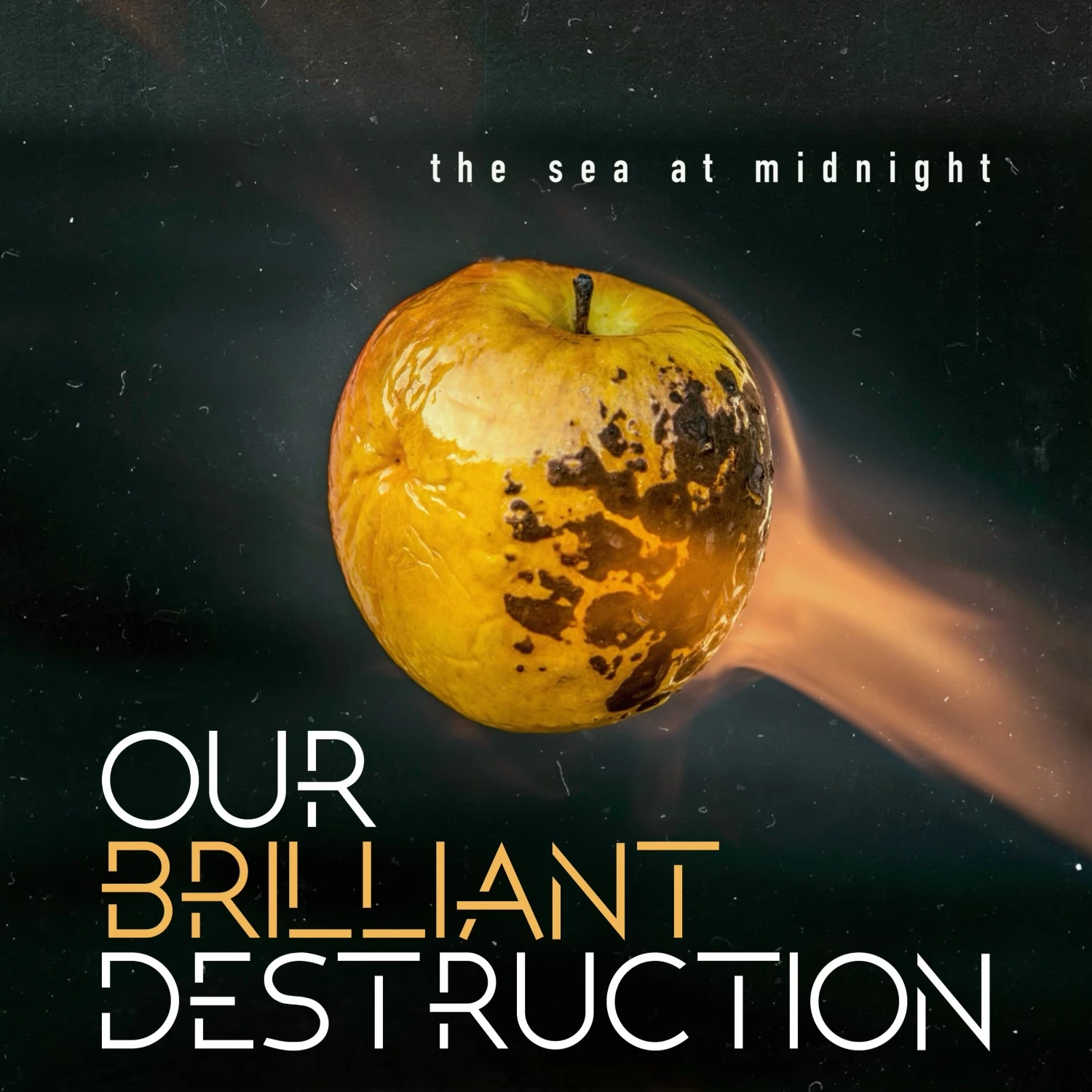There will never be something wrong with singing songs about love. Love, above all, makes us more than just existing beings. It is, especially, the core of becoming someone considered human. Despite the idea that there exists an almost infinite and growing body of love songs in the realm of music, it never fails to accept more, and as consumers who seek love in myriad forms, this album, like any other, should be embraced with a huge welcome and open arms.
Powered with softness that hushed throughout the 27-minute rundown, Softly Spoken managed to capture the ever-morphing melodies of love through the wonders of her eyes. Seasons of Love can be just a mere collection of sonatas that crawl towards our veins to help our cardiac muscles from beating, and in that regard, she managed to make hers and allow us to hear her soundscapes in the subtle violence of her heart.
In this record, she showcased that there is still the love that she has been singing to us, and to show this to people who have been somehow showing signs of surrendering this power of a concept because they could never handle it, Softly Spoken handled these topics with fragility, and at that moment, it should have been. Such intensity may have been recognizing a more intense approach, but look at her voice and how she’s longing for such a word to arrive at a personification; it can be this soft and supple.
Opening the track with “Hey,” she may or may not have managed to somehow channel her inner Beatles with her when she keeps on repeating, “I wanna hold your hand,” a line, although it is written simply, is a direct calling to one of the famous songs of their pre-hallucinogenic era, which often dreams about the insanity of their presence and the mental photographs that could go along with it.
As the tracklist progresses, the concept of love changes like the seasons, specifically when this idea of togetherness intensifies. In the second track, “My Person,” she said, “I’m your person, you’re my people; we found something good here.” The enlarged company in just one person connotes a heightened acceptance of its various versions. There are some occasional instances when I found her voice somehow resonant with Japanese folk singer-songwriter Ichiko Alba, and it shows mostly when she is about to soar her voice. There are also times when she sounds a bit like Hope Sandoval of the band Mazzy Star. It does not portray the same effect; however, based on how she placed her vocals, it reminded me of the above-mentioned beloved artists of their respective genres.
The big moment in the album took a turn when “Scar” entered the scene. A track revolving around gaining resilience of someone’s affection laid on to them when her current’s farewell and her history before that has come down to put the whole soul into wreckage, there is such an awe to leash even in that tidbit of a moment. “I don’t think it won’t leave a scar,” she screams in a manner that never overpowers but is a little bit enough for her to emphasize such.
And oh, a love album could never be complete without one finding that sense of awareness when they are about to overrule their sanity, especially in the absence of the ones they’re burning towards, which was highlighted in the song “Crazy.” However, songs that revolve around such could have been worded with so much imagery that mimics how she feels borderline manic about this person. There is something to do much more than simply uttering the lines of being crazy to someone because it just loses its depiction and intention of what she needs to express in the song. It also goes with the after, penultimate track “Miss You.” Longing, yearning, and lingering are beyond the words they formulated; these words need to be deconstructed in a way that should be heavily nuanced on the visceral experiences of the people themselves rather than merely saying it. Not only does it lose its capacity to emit the smothering clouds that could turn to rain, but it also loses its impact. Songs that tackle these matters, especially to those who have been living in such a frightful yet frantic frame, saying “I miss you,” is just 0.1 percent of what they have felt during those times when the misery consumes them after the departure of someone they considered as their destination. Nevertheless, it is a universal human expression to miss someone when they are no longer around in your bubble. As a bubble disappears, so does the fun of looking at it.
Closing in “Circles,” taking this situation as a never-ending cycle for someone who is in love and hurt and is finding something to seek for the love that once had is the best way to end the record since it was named Seasons of Love for a reason. As sad as it gets that someone has to undergo a cycle because the lesson has never been learned, it is also part of the stupidity within humans, and something that is deemed as reality, and while it is, in a way, unhealthy for a long run, it always happens, and almost every people have done this, and every people have still been stuck in this position.
Throughout the record, Softly Spoken happens to show love through her eyes, and it should not be invalidated at all times since this is how she views the concept. However, as the season of life has its corresponding disasters, so is the season of love, and there is nothing we can do about it but be in the present and appreciate its moments, good or bad. The record leaves a lesson that it should be rather felt because if you never did, you were never in love at all, and that shallows the human in you.
Follow Softly Spoken
About the Author

Jett interestingly seeks every supposed-to-be-life-changing almost: getting a Bachelor’s degree in Secondary Education, submitting a finished compilation of epistles and poems to some book publications, and releasing passion projects to audio streaming platforms. However, his inkling of his pen and his reverberating of his music, being the ones that keep him sustained in somehows, never stop him from walking to a road yet to be taken.









